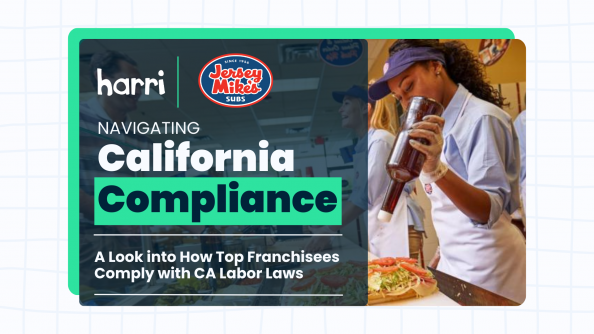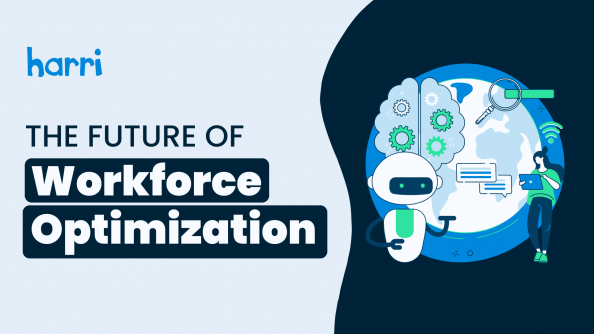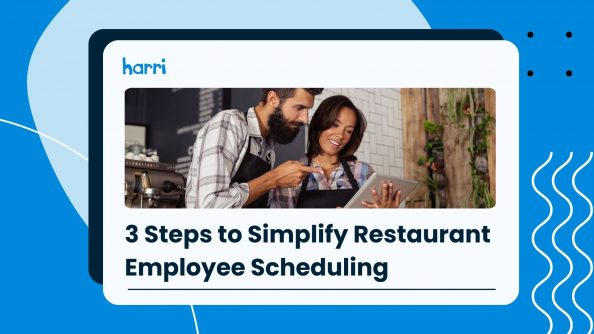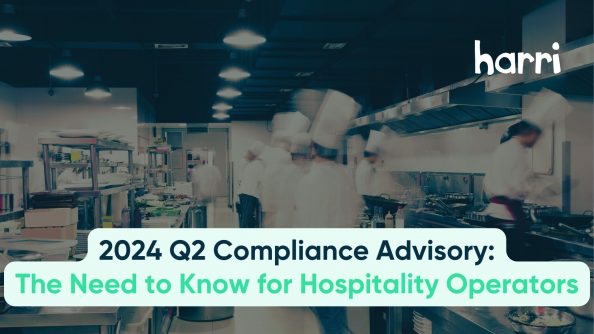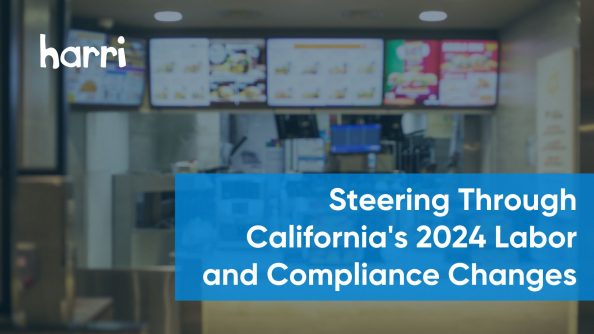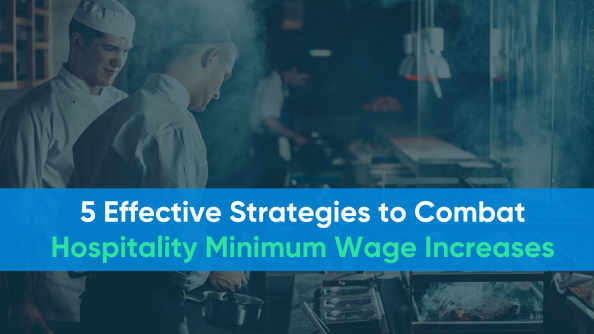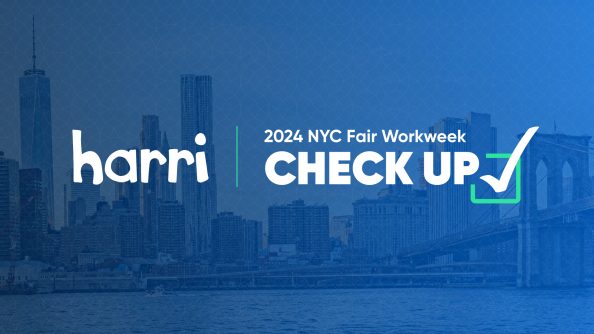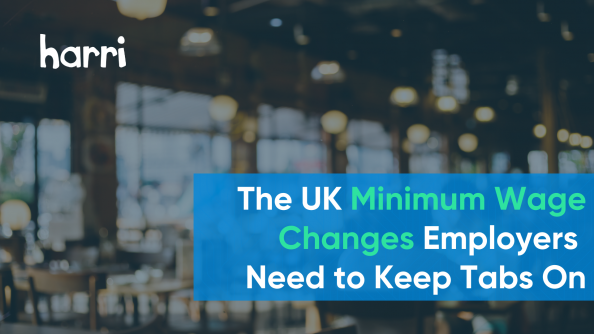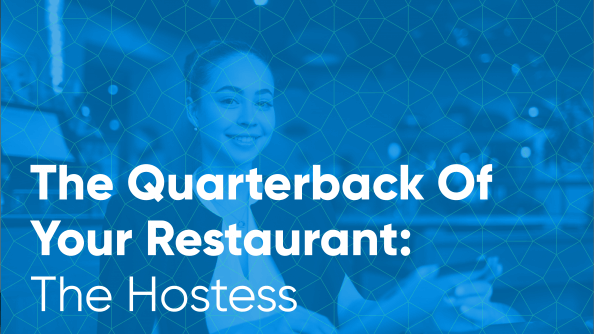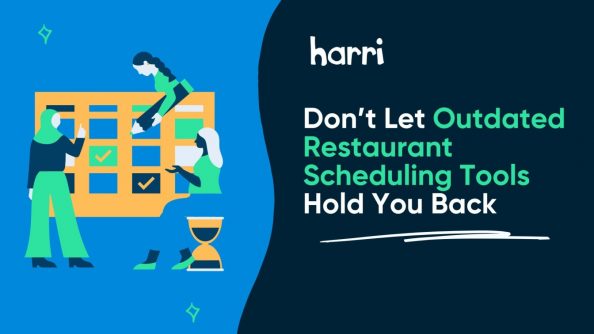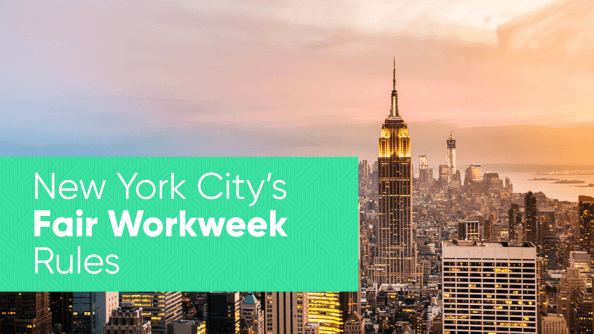From the Frontlines: A Conversation with Sam Tuthill
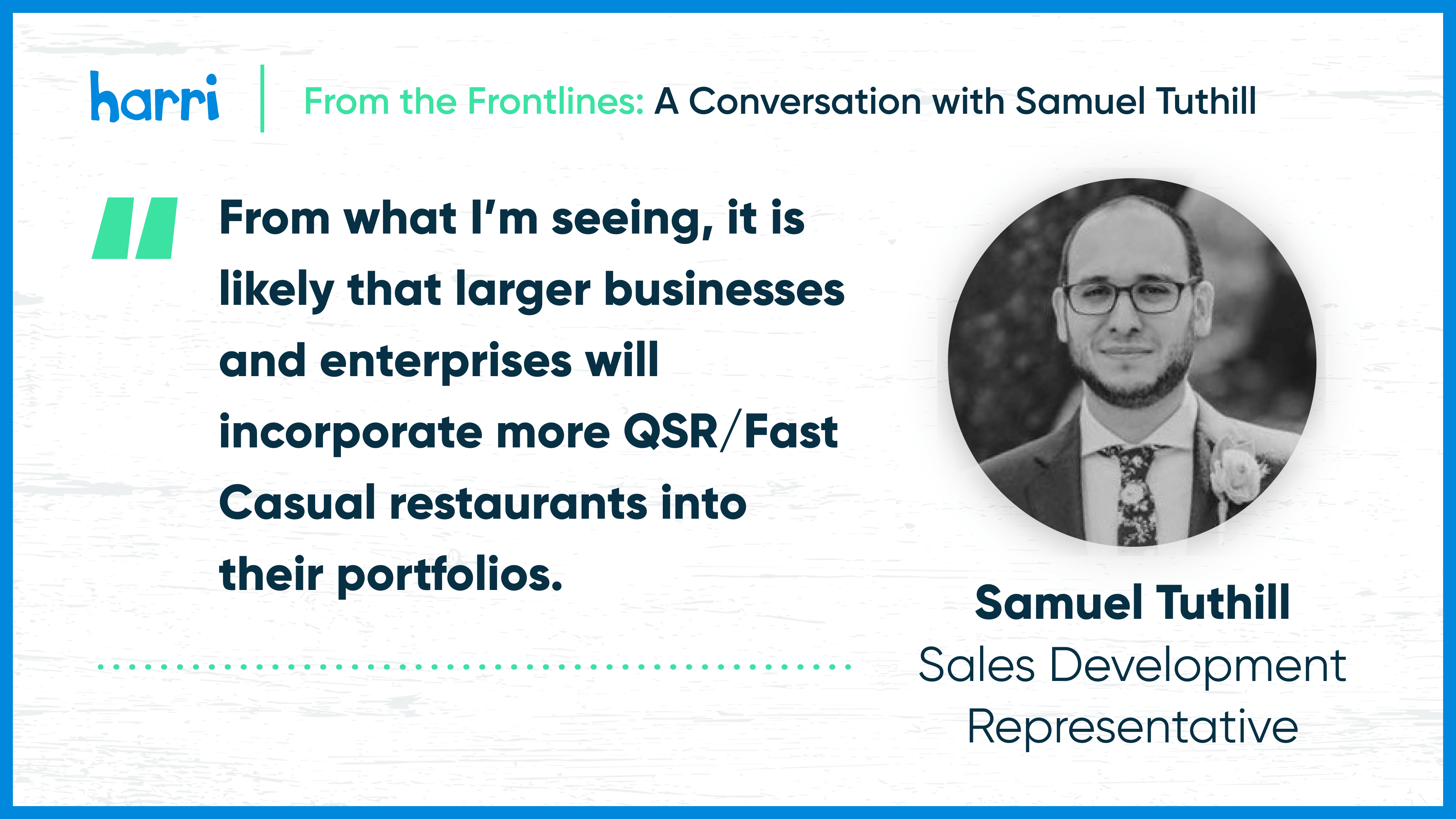
- By Harri Insider Team | August 3, 2020
In this series, Harri is highlighting members of our team who are up to big things and have big insights. This week we have Sam Tuthill, Sales Development Representative at Harri, discussing the market happenings he is seeing. As restaurant operators continue to navigate COVID restrictions, reopenings, and closures, we are discussing how large and enterprise companies are acquiring struggling brands to thrive and survive in these difficult times.
Q: So Sam, as someone who focuses primarily on starting conversations with restaurant operators on their challenges, what trends are you seeing with enterprise and other large business operators?
A: Now more than ever, things are changing fast. With a constant influx of new information and regulations, the restaurant industry has been through the ringer. From what I’m seeing, it is likely that larger businesses and enterprises will incorporate more QSR/Fast Casual restaurants into their portfolios. We can expect to see more restaurant groups acquiring struggling brands, and this consolidation leads to fewer, but larger companies. For instance, Dine was considering selling IHOP as recently as April. Now, they are planning to acquire failing brands to expand their portfolio and market presence. Business strategies are being tested and re-evaluated on a daily basis, and this can be quite difficult for operators. While there are bumps, I see plenty of opportunities for these businesses to thrive and get creative under the circumstances.
Q: What do you see as the pros and cons of these large groups acquiring more brands? Is this the ‘new norm’?
A: As groups take on newer brands, the introductions to those parent groups will be more valuable to us than ever. For instance, Dine is a franchisor, so they don’t own physical locations. They might now see this as a risky play and may consider taking on restaurants they can control on a corporate level instead of trusting franchisees to be good operators. These acquisitions will revive brands that otherwise would have gone out of business and provide the larger companies with ownership of existing customer bases for those brands. However, consolidation can sacrifice brand identity as groups are absorbed into larger parent companies. This is going to drastically change how technology vendors sell to restaurants because there will be more decision makers and a more complex corporate structure to navigate to get in touch with the right people.
Q: How has this shift in business practices and order affected the way Harri works with clients? How will this affect new clients?
A: Since COVID-19 has changed business for our clients, it’s changed business for us too. The main question that pops up for me is: how will the inevitable post-COVID-19 consolidation of brands affect our sales process and how we engage with an account? One idea is thinking about the way we pilot our products and solutions. Piloting at one brand and expanding to others may become a big part of our enterprise going forward. This provides us the opportunity to refine our enterprise sales process with piloting built into the process. This also allows our clients to try out our products with less commitment, and encourage potential clients to take us on. Right now, this is the new way of doing business and we are ready to take it on. As the rules evolve, we are growing and adapting to create the best possible experience for our clients adapting to COVID restrictions.
Q: How can Harri’s COVID-19 solutions help large restaurant operators move forward?
A: There was a large consumer base not familiar with how to connect with a brand through digital channels. The last few months have created a more digitally savvy customer base. People have been forced to be more creative with less, and this has led to a larger dependency and overall preference for tech-based solutions. Large groups could begin to use their smaller groups as test grounds for new technology to roll out to their other brands. There are several enterprise groups that could be big acquirers of casual sit-down, and they are going to need a reliable and accountable solution for their health screenings, scheduling, and compliance needs.

